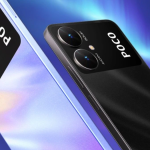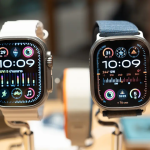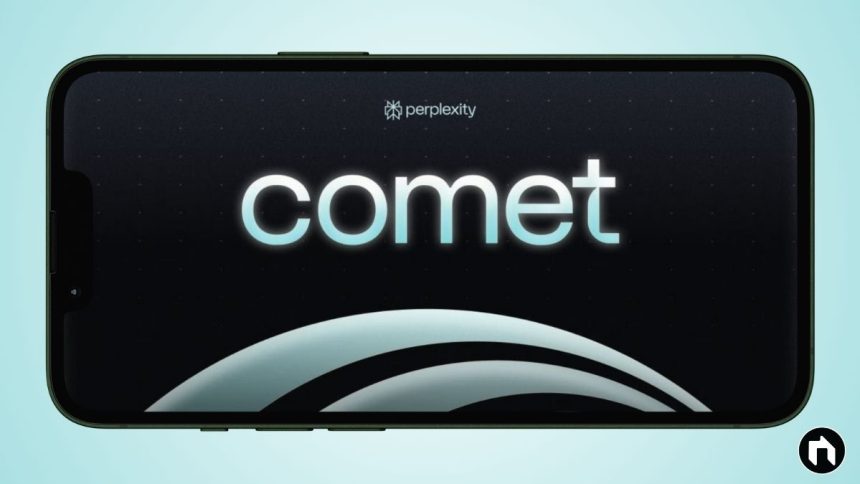Perplexity AI is gearing up to directly challenge Google Chrome’s dominance on smartphones with an ambitious move: pre-installation of its new Comet browser on upcoming devices. According to recent reports and statements from CEO Aravind Srinivas, Perplexity is in talks with major Android manufacturers to get Comet preloaded on their phones—a strategy aimed squarely at leveraging the power of default apps and rapidly scaling its user base.
Backed by investors like Nvidia and Jeff Bezos, Perplexity AI is best known for its conversational, AI-powered search engine that delivers direct answers rather than just links. With the launch of Comet, Perplexity is going beyond search to transform the entire browsing experience. Unlike conventional browsers, Comet is built on Chromium (just like Chrome), offering compatibility with existing Chrome extensions and familiar site support while layering on advanced AI capabilities.
What Makes Comet Different?
Comet brings Perplexity’s AI search engine front and center, but it does much more. The embedded AI assistant—accessible via a sidebar—can:
- Summarize emails, web pages, and calendar events instantly
- Manage tabs and navigate sites on your behalf
- Help with shopping by comparing products and finding deals
- Perform real-world actions—like booking appointments or composing messages—via agentic, autonomous workflows
- Chat with the content on any webpage, get on-the-fly translations, and ask anything about what you see
The AI interaction is designed to make web tasks not only easier but “agentic”—meaning Comet can initiate and complete multi-step actions for you, not just provide information. This new paradigm aligns with an industry-wide shift toward browsers that think, reason, and act with only minimal user guidance.
The Battle for the Browser Default
Perplexity’s central strategy hinges on the idea that users overwhelmingly stick to the browser pre-installed on their phones. By landing deals with manufacturers to ship Comet as the default or co-default browser, Perplexity aims to rapidly reach “tens to hundreds of millions” of users, turning curiosity into habitual engagement with its AI ecosystem.
While convincing hardware partners to set aside Chrome—whose placement is often secured by Google through lucrative deals—won’t be easy, Perplexity sees a rare market opportunity. As antitrust scrutiny mounts over Google’s control of search and pre-installed apps, mobile brands could be more open to disruptive alternatives.
The Road Ahead
Comet is currently rolling out to Perplexity Max subscribers and waitlist users, with mobile versions in development. As agentic AI browsers become more central to how people interact with the web, Perplexity’s bet is that AI-embedded browsing will drive the next major user shift—potentially upending both Google Chrome’s dominance and the traditional workflow of seeking, browsing, and doing online.
If Comet succeeds in getting preloaded on devices and continues to advance its agentic AI features, it could mark the beginning of a new era for mobile browsing—one where the browser, not just the search bar, is the layer where intelligence and automation live.






